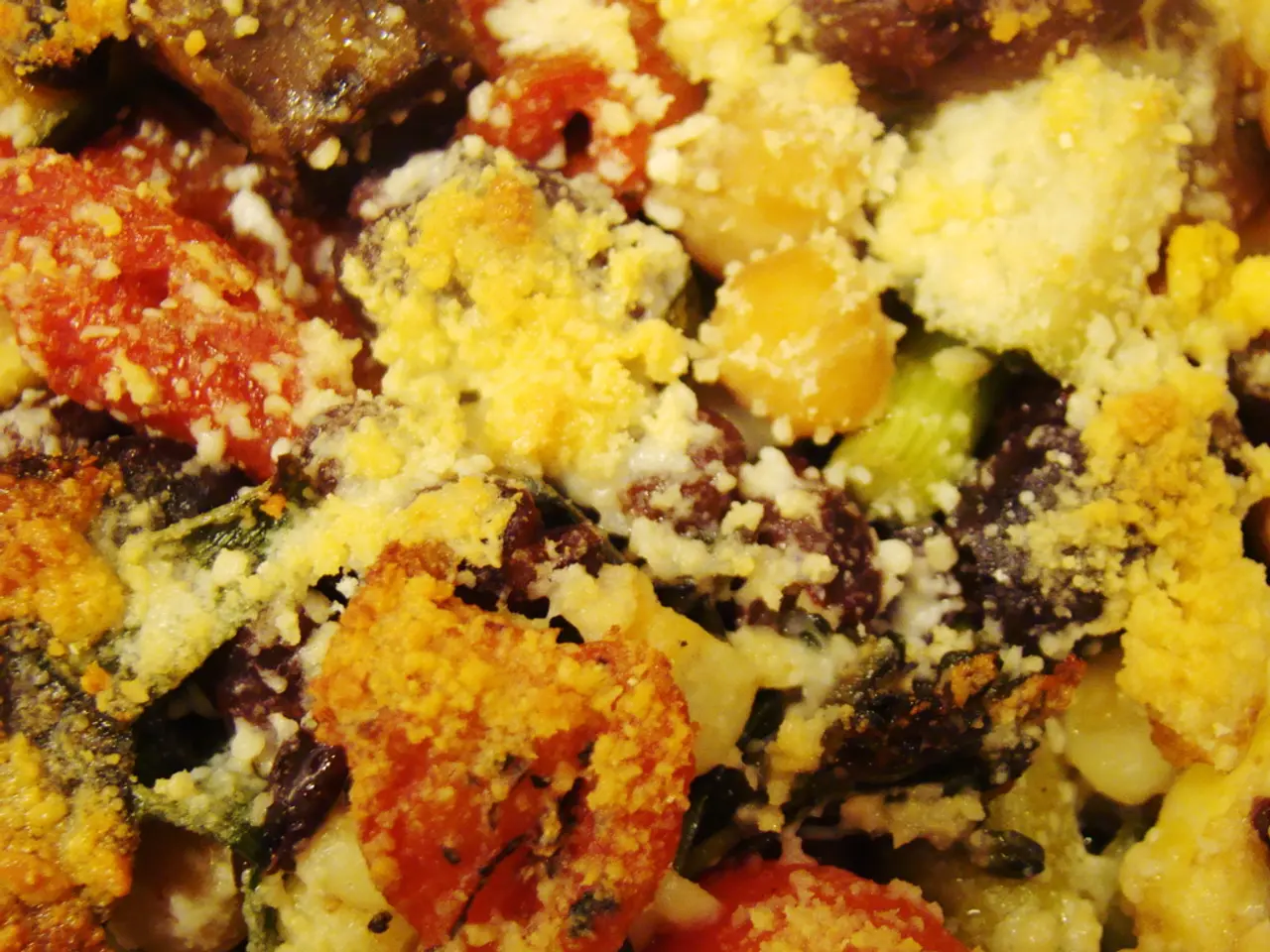"Opting for coffee as a substitute for meals is detrimental."
In a series of insightful discussions, renowned gastroenterologist Natalia Panina has addressed several persistent myths about nutrition and healthy eating that often confuse and mislead the general public. Here are some key takeaways from her debunking of these common misconceptions:
1. **Eating gluten is harmful for everyone.** Contrary to popular belief, gluten is only problematic for individuals with celiac disease or gluten sensitivity. For most people, gluten-containing foods can be part of a healthy diet.
2. **Fat makes you fat and should be avoided.** Dr. Panina emphasizes the importance of healthy fats, such as those from nuts, avocados, and olive oil, and clarifies that fats are essential nutrients, not the enemy of weight management.
3. **Skipping meals helps you lose weight.** Regularly skipping meals can disrupt metabolism and may lead to overeating later. Balanced and consistent meals are better for maintaining healthy weight and digestion.
4. **Detox diets and cleanses are necessary for good digestion.** The liver and kidneys naturally detoxify the body effectively, and restrictive detox diets lack scientific support and may harm gut health.
5. **Eating after a certain time (e.g., after 6 PM) causes weight gain.** Total calorie intake and food quality matter more than timing alone for weight management.
These insights reflect evidence-based perspectives and help dispel misconceptions that can lead to unhealthy eating patterns. Dr. Panina also offers practical advice for maintaining a balanced diet, such as suggesting three meals a day with no snacks, eating when hungry and leaving the table after eating, and avoiding consuming gum, which can cause bloating.
In addition, Dr. Panina clarifies that food is not a punishment, reward, or a deal with one's conscience. She also explains that soup, while it can be part of a diet if it is hearty, is not essential every day, contrary to a long-held belief that originated from times of hunger.
Abdominal bloating can be caused by various factors, including emotions, air swallowing, smoking, gum, and anatomical features of the intestines, not just food. It's important to note that liquid broth without nutritious components is not considered food.
Dr. Panina has also shared that she herself has not eaten soup since she was 18 and does not consider it necessary. She advises that the key to a healthy diet is three meals a day, less sugar, and more vegetables. Some people may choose to live without breakfast and still feel great, depending on their lifestyle.
These enlightening discussions provide a clearer understanding of nutrition and healthy eating, offering valuable insights for those seeking to improve their diets and lead healthier lives.
- Mental health can greatly benefit from a balanced diet that includes various food groups, such as fruits, vegetables, lean proteins, whole grains, and healthy fats.
- Incorporating physical activity, fitness, and exercise into daily routines is essential for overall health-and-wellness and can contribute to improved mental health.
- Frequent visits to healthcare professionals, including nutritionists and mental health specialists, can provide valuable guidance and support for maintaining good nutrition and mental health.




